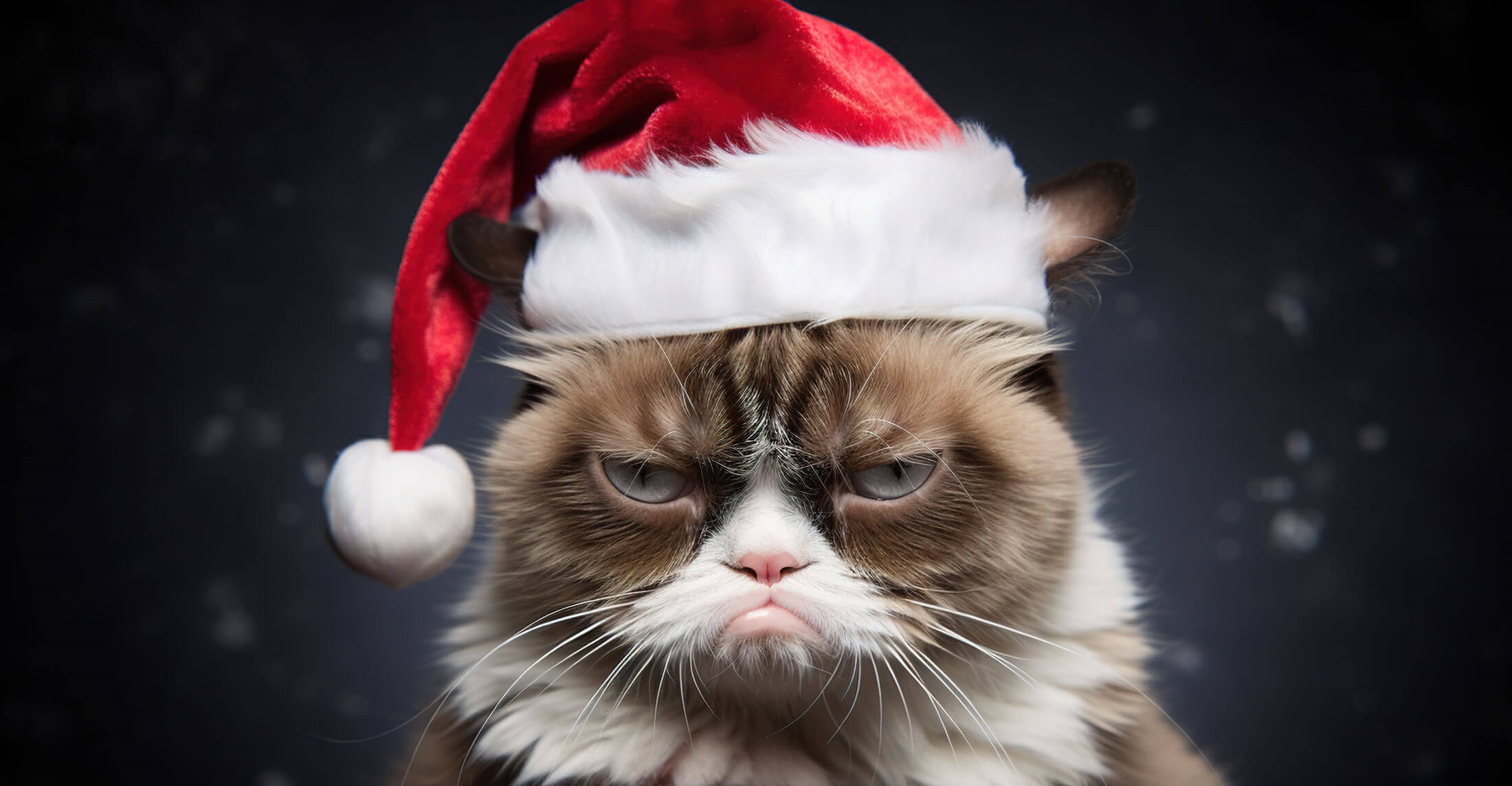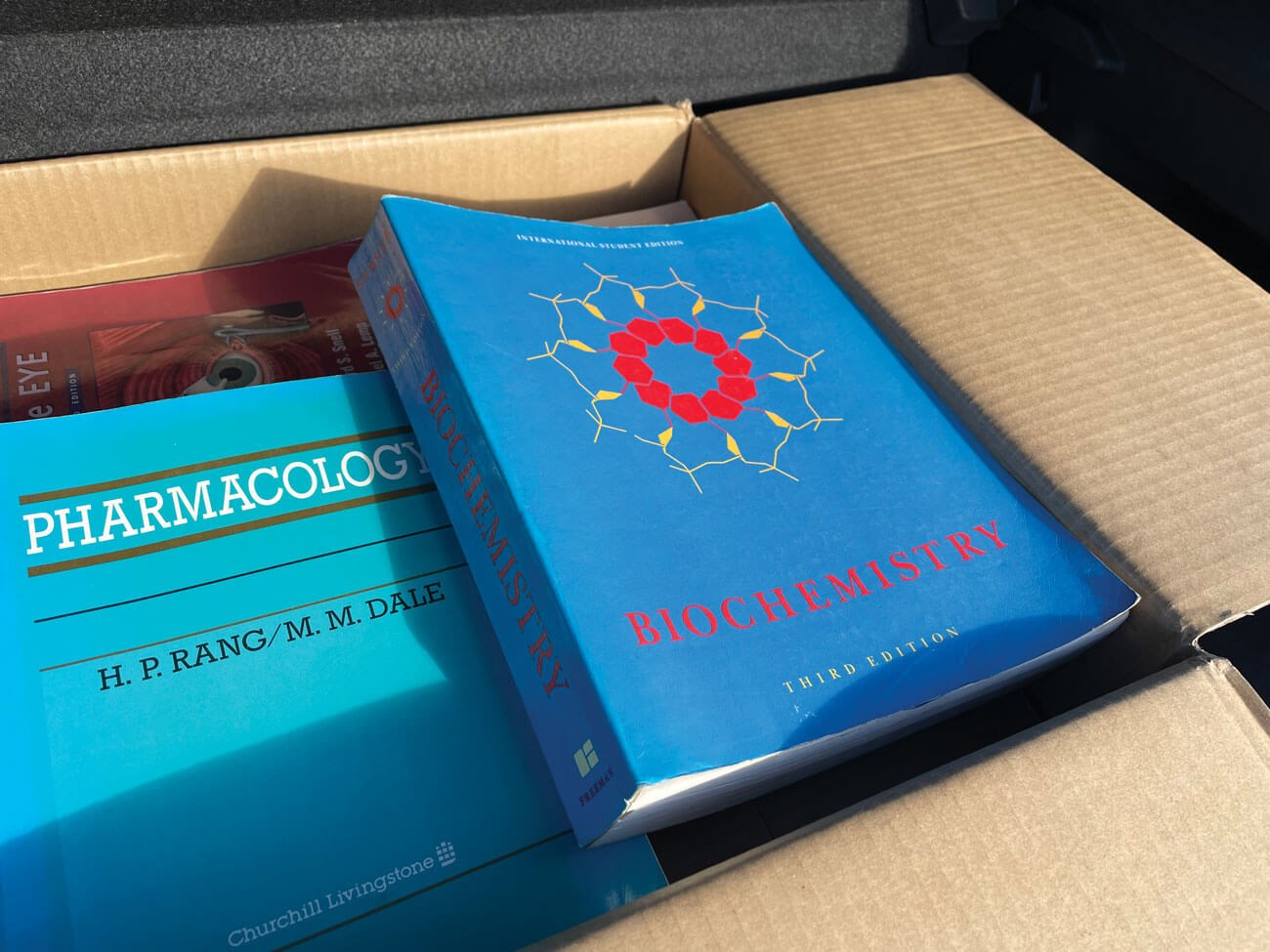Jeremy: Come on, man, shake your booty! Tonight even Paxman’s out, hoovering up lines of crank off Krishnan Guru-Murthy. Tonight’s the big one.
Mark: Jeremy, all rational people agree it’s a truth self-evident that it’s impossible to have a good time on New Year’s Eve. The pressure’s too immense.
One of the traditional highlights of the festive period for me has always been the seasonal episode of a beloved sit-com such as Morecambe and Wise or Only Fools And Horses. And the New Year’s episode of Peep Show (2010) from which the above quote is taken, where Jeremy is trying to fire up his flatmate Mark to go out and celebrate New Year’s Eve – it does not disappoint. Furthermore, never has a truer a word been spoken when it comes to Mark’s pessimistic comment about the potential for actually enjoying Hogmanay.
One of the most anti-climactic New Year’s Eves for me was the millennium, when my partner and I decided to escape to a village in the remote Highlands. Unfortunately, where we had previously enjoyed great Munro hiking and discovered some warm hospitality in the rural pubs and restaurants earlier in the summer, we returned only to find that for the millennium, everything was shut for at least four days.
The owner of the small hotel in which we were staying very kindly invited us to the celebration taking place in the local church hall. However, when we arrived we felt about as welcome as Sergeant Howie when he arrives by seaplane at the remote Hebridean Island of Summerisle to investigate the disappearance of a girl in the folk horror movie, The Wicker Man (1974). Therefore, with the supressed fear about being a potential sacrificial offering and in the manner of brave, brave Sir Robin from Monty Python and the Holy Grail (1975), we beat a hasty retreat and saw in the New Year back in the hotel room drinking lukewarm white wine out of glass tumblers. The greeting which we experienced at the church hall was very similar to the traditional Edinburgh welcome, “You’ll have had your tea then”, that Glaswegians like to advertise about their upstart neighbours at the other end of the M8. If I said that the two-hour return drive to Inverness on the evening of New Year’s Day to sit in a car park in the cold and rain, eating a Chinese takeaway out of the carton, was the highlight of our celebrations, you will understand how decidedly grim the whole experience was.

The disappointment of the millennium was only very closely matched by that of New Year’s Eve 2005 when one of my kids came down with the winter vomiting bug just after Christmas, and as the Russian roulette of the norovirus swept through the family, I came down with it a few hours before the bells chimed in the New Year. I spent most of the evening with my head halfway round the U bend.
Therefore, in my opinion for New Year’s Eve, in a similar fashion to the advice of under-promising and over-delivering on surgical outcomes for patients, it is important to lower your expectations for the whole event. Incidentally, the gold award for lowering patient expectations goes to a consultant oculoplastic surgeon that I trained with, who would say at the preoperative clinic to the patient, “We will do our best to preserve your good looks but the chances are, if you came in ugly, you’ll still be ugly afterwards.”
Another consultant vascular surgeon I had the pleasure of working with also kept the expectations of his junior team to a minimum on the pre-theatre ward round, when he stated about a patient we had just seen, “We’ll fix that chap, even if he ends up in formalin.” Just like the aforementioned vascular surgery patient with an abdominal aortic aneurysm, waking up breathing and with a pulse on New Year’s Day should be seen as a positive result.
However, there is another reason why trying to celebrate on Hogmanay can lead to disappointment and that is because it represents a milestone in the calendar to reflect on the unfortunate events, under-achievements and unattained goals from the preceding 12 months. So here follows a few of these reflections from my year.
Monopoly bad debt
The festive period is a time to cheerfully drag out a board game, and in our family a popular one is Monopoly. So, for you readers by popular demand, I have brought out the Monopoly board of private practice again which I have played half-heartedly throughout the year, especially after I was contacted by the private hospital about a bad debt. Apparently a patient did not pay the fee for their consultation which I was now required to pay back. That evening ultimately cost me two hours of my life (new patient consultation and extra driving – yes, I only had one patient in my clinic!) and financially (loss of fee, consulting room hire, secretarial fee, postage, petrol, etc.), which is the equivalent of landing on Pentonville Road with three houses. Following this event, I stopped playing for a while over the summer, but have since reluctantly returned to roll the dice a few more times. Really all I want to do is revert to childhood form and tip the board up and refuse to play anymore. The ‘life’s too short’ mantra springs to mind.
The rubbish dump of goodbyes
Just as I was settling down in the living room with a cup of tea one Sunday morning over the summer, the unsettling words which many a husband can relate to emanated from the kitchen: “Can I have a word, please?” It turned out that my wife wanted me to address the assorted items of junk that had been accumulating in the garage. This unfortunately would entail a trip to the dreaded dump.
I use the adjective ‘dreaded’ because the guardians of the dump fiercely control their domain. In much the same way as the hospital pharmacist invariably queries something in almost every prescription that I write, I find that it is virtually impossible to visit the dump without one of the men telling me off for doing something incorrectly. I have subsequently learnt to treat it like an efficient in / out special operations mission with no hesitation and as a top tip also to wear a baseball cap with a head-down posture. This will reduce the chances of any eye contact with one of the men and a resulting disastrous interaction. From stand-up comedians to lecturers at postgraduate teaching, and the Gorgon Medusa from Greek mythology, eye contact never results in a positive outcome.
Another issue arose when clearing out the garage and that was the conundrum of what to do with the boxes containing all my old medical student notes and textbooks. Heartbreakingly, given the amount of time that went into them, all my old handwritten notes went into the recycling bin as I would never need them again – my kids certainly wouldn’t either and it will save them a job when I head off to my final departure lounge.

So long, Biochemistry by Stryer. May you cure someone’s insomnia.
I’m not sure there is much of a market for books such as the 1981, third edition of Biochemistry by Stryer in my local town, but it didn’t seem right depositing my textbooks into the wheelie bin as well so I optimistically gave them to my local British Heart Foundation charity shop. Maybe a read of the chapter on the Krebs cycle will help to cure an insomniac somewhere.
The conveyor belt of life
Unfortunately, my mum passed away this year. A teaching hospital consultant surgeon from my medical student training would criticise my use of the words ‘passed away’ by bluntly shouting, “Passed away? What do you mean passed away? You mean ‘died’, Cackett!” She had been in decline for a number of years with multiple co-morbidities and at the end, her quality of life was so poor that in many respects it was probably a blessing. At least that’s what I say to reassure myself, but losing a loved one is not easy.
Recently, therefore, I have been spending much more time with my dad and enjoying his company, going for long walks, re-visiting old Western movies, and watching / drifting off to sleep in front of Match Of The Day. He remains fiercely independent and in his mid-80s still insists on driving. However, he does have a propensity to drive his ancient Honda Jazz like Bowser from Mario Kart, and at the destination I climb out of the passenger seat feeling like I have just been for a ride on the Waltzer at the funfair.
Working in medicine can involve a significant amount of exposure to death over the course of a career, and a survival tactic can be to keep an emotional distance from these traumatic events or indeed choosing a specialty like ophthalmology at the earliest opportunity. Even when my grandparents died when I was much younger I did not fully process it at the time. However, when a parent passes, death can feel very real, and I have become much more aware of my own mortality, especially as I am now next in line to come off the end of the conveyor belt of life and fall into the recycling bag that awaits us all. In light of this, I have therefore been reassessing my own quest for happiness in order to make the most of what time I have left. As part of my Hidden Curriculum series, I am pleased to share with you the following advice which comes from my own anecdotal observations (disclaimer), which you can take with you into the coming year.
The happiness coefficient
Happiness, that positive and pleasant emotion which can range from contentment to extreme joy, is something that we as humans strive for but can at times be an elusive quarry. Now I am plumbing the depths of middle age, I find myself slightly closer to Morrissey’s melancholic, “I was happy in the haze of a drunken hour and heaven knows I’m miserable now,” rather than Pharrell Williams’ insanely positive, “Clap along if you feel like happiness is the truth, because I’m happy…” The epitome of happiness for me would be finding a Malteser in the Celebrations chocolate tub at the nurse’s station on the ward. Alas, however, this is completely unrealistic and it is important to lower one’s expectations and come to terms with usually being left with just a handful of neglected Bounties. Having more reasonable goals will lead to a better chance of long-term contentment with the direction of your life.
Looking back on academic and career achievements (A level exams, medical degree, Royal College fellowship exam), they have all provided fleeting moments of happiness but nothing ever long lasting. Maybe Pink Floyd were right when they sang, “We don’t need no education”, as most have in fact been an anti-climax. Therefore, moving forwards, I have learned not to rely on these events for any substantial change in happiness but just to briefly enjoy and celebrate the moment and move on. The expectation that accomplishments will lead to enduring happiness will also most likely result in disappointment.
The Notorious B.I.G reminded us in his song, Mo Money Mo Problems, that money and success can lead to troubles, and likewise, earning more money for me has never resulted in any significant change in levels of happiness. In fact, the increased levels of stress from taking on a role with more responsibility such as consultant and the subsequent lack of free time from taking on extra work (waiting list initiative clinics, private practice, etc.) has resulted in lower levels of happiness. The quote “money can’t buy you happiness but can afford you the type of misery you prefer” is probably very true.
“What has resulted in you being happy then?” I hear you shouting. Well, reflecting back on the periods of my life when I have been most consistently happy are when I have spent significant amounts of time with my partner, my kids (despite their hilarious trolling and gaslighting) and close friends. These periods also correlate with intervals where I have not had that much money (medical school, working in Australia and Singapore, ophthalmology registrar training). Interestingly, as it turns out, the Harvard Study of Adult Development, one of the longest-running studies on happiness, has shown that the quality of our relationships is the most important factor in our level of contentment and that there is a strong association between happiness and close relationships: spouses or partners, family, friends and social circles.
Therefore, with all this in mind, advancing into the New Year I plan to stop chasing achievements or financial rewards as a source of happiness. Instead, I intend to concentrate on spending more time strengthening the relationships with the important people in my life, which of course includes my dog, Rosie, as I cannot describe the amount of happiness to be derived from a dog, no matter how daft. And that is my final piece of advice to you to improve the levels of satisfaction in your life, which is to spend more time with those that matter most to you.
As a final thought on contentment in the digital age, it seems that for me social media is not a suitable substitute for face-to-face social interactions, as my levels of happiness improve with every social media app that I delete from my smartphone. In fact, the correlation is so strong that I am contemplating a return to the old-school Nokia 3310 phone, even if it provides my kids with yet something else to mock me for!
I will leave the final words to Christopher McCandless from the cult travel book Into The Wild (1996), by Jon Krakauer, based on a true story about a young man’s lone trip into the Alaskan wilderness: “Happiness is only real when shared.” And my alternative final words are from Mark Twain, who stated, “Sanity and happiness are an impossible combination.” At least that means I might have a chance.
COMMENTS ARE WELCOME










